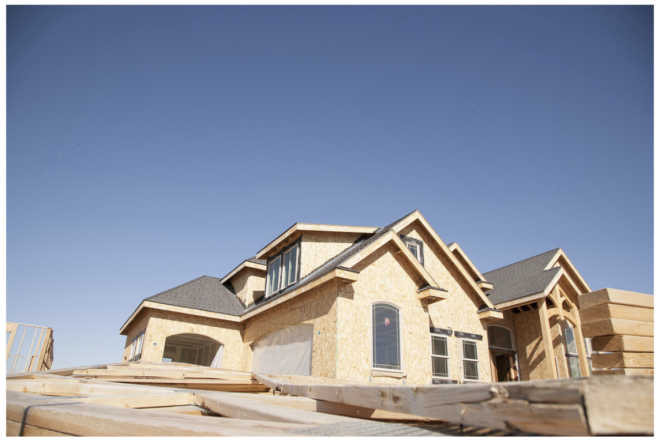- Change theme
Leveraging Tech for a Greener, More Efficient Home

Creating a sustainable, energy-efficient home is more important than ever in today's eco-conscious world.
07:43 15 April 2025
Introduction to Greener Homes
Creating a sustainable, energy-efficient home is more important than ever in today's eco-conscious world. With the advancement of technology, homeowners have numerous options to reduce their carbon footprint significantly. Leveraging these technologies helps preserve the environment and enhances the quality of life within the home.
A greener home can drastically cut down on energy consumption and improve efficiency. For instance, utilizing technologies like smart thermostats and energy-efficient appliances can lead to a more sustainable lifestyle. Homeowners stand to benefit both in terms of lower utility bills and a reduced environmental impact.
In this article, we will explore various technologies and strategies that can make your home greener. These include modern heating options, advanced cooling systems, and effective insulation techniques. By integrating these solutions, you can make a meaningful contribution to environmental conservation while enjoying the comforts of home.
Heating Efficiency with Propane
One of the most effective ways to enhance a home's energy efficiency is through optimized heating solutions. Propane, for instance, offers a greener alternative for heating spaces, heating water, cooking, and drying clothes. According to Parker Gas, using propane for these purposes can result in up to a 50% reduction in greenhouse gas emissions.
Propane heating systems are not only environmentally friendly but also highly efficient. They provide more even heating and maintain warmth better than some electric options. Transitioning to propane can be a smart and sustainable choice for modern homeowners keen on reducing their carbon footprint.
In addition to their efficiency, propane systems are generally more cost-effective in the long run. They often require less maintenance and have a longer lifespan compared to conventional systems. By choosing propane, homeowners can achieve a balanced and eco-friendly approach to home heating.
Advanced Cooling Systems
As summers grow hotter, effective cooling systems are essential for a comfortable home. High-efficiency air conditioners are a key component in this regard. Switching to these systems and other cooling strategies can slash the energy used for air conditioning by 20% to 50%.
Installing a high-efficiency air conditioning unit reduces electricity bills and lowers the overall energy demand. By using less energy, these systems contribute to a reduced environmental impact. Homeowners can thus enjoy the dual benefits of staying cool and saving energy.
In addition, incorporating smart thermostats with air conditioning systems optimizes cooling efforts. These devices learn your cooling preferences and adjust the temperature automatically, helping to maintain comfort while using energy judiciously. Smart thermostats represent a significant technological advancement in home climate management.
The Role of Home Insulation
Insulation plays a crucial role in maintaining a home's energy efficiency. Around50% of homes in the U.S were built before 1980, and many lack adequate insulation. Enhancing insulation can prevent heat loss in winter and keep homes cooler in summer, significantly boosting energy efficiency.
By upgrading insulation, homeowners can reduce the need for excessive heating and cooling. This leads to lower energy bills and minimizes the home's ecological footprint. Investing in quality insulation materials such as spray foam or rigid foam panels is a long-term solution for a sustainable home environment.
Additionally, proper insulation offers improved temperature regulation throughout the home. This consistent climate control creates a more comfortable living space year-round. As homes become better insulated, the reliance on heating and cooling systems diminishes, paving the way for energy conservation.
Final Thoughts
Today's homeowners have access to various technologies designed to foster greener and more energy-efficient homes. Whether through the use of propane heating, high-efficiency cooling systems, or effective insulation, there are numerous ways to reduce environmental impact while enhancing home comfort.
Implementing these technological solutions requires upfront investment, but the long-term savings and benefits are substantial. As awareness grows about reducing carbon footprints, more homeowners are likely to adopt these green technologies. By making these changes, individuals can contribute significantly to a healthier planet.
In conclusion, creating a sustainable home environment is within reach for everyone. By leveraging the available technologies and making conscientious choices, homeowners can significantly reduce their energy usage and greenhouse gas emissions. This ultimately leads to both economic savings and a positive environmental impact.
